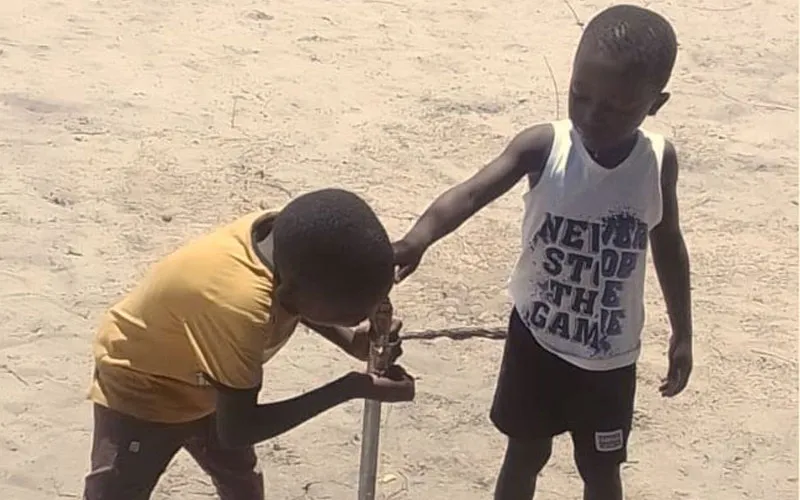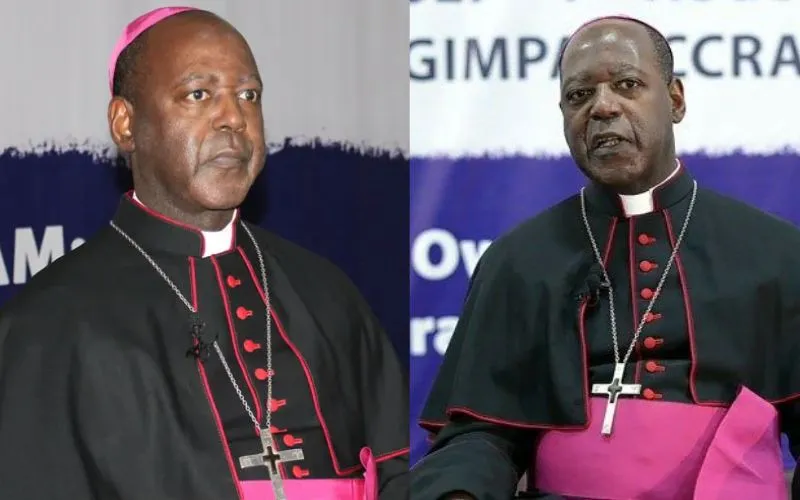Maputo, 27 March, 2023 / 11:20 am (ACI Africa).
On the occasion of World Water Day marked March 22, officials of Salesian Missions, the U.S.-based development arm of the Religious Institute of the Salesians of Don Bosco (SDB), have reviewed the entity’s global project dubbed “Clean Water Initiative”, including initiatives undertaken in Africa.
In a Wednesday, March 22 report, the leadership of the New York-based agency highlights water projects being realized in the African countries of Mozambique, Namibia and Zambia.
“Billions of people in countries around the globe don’t have clean water for drinking, cooking, sanitation and other needs, and that’s why Salesian Missions has made clean water projects a priority,” the interim Director of Salesian Missions, Fr. Timothy Ploch, has been quoted as saying.
Fr. Ploch adds, “Salesian Missions has continued its ‘Clean Water Initiative’ – which makes building wells and supplying fresh, clean water a top priority for every community in every country in which Salesian missionaries work.”
In the Southern African nation of Mozambique, Salesian Missions has facilitated access to clean for more than “2,000 people in the Salesian São João Baptista de Moatize Mission, located in Ntsungo.”








